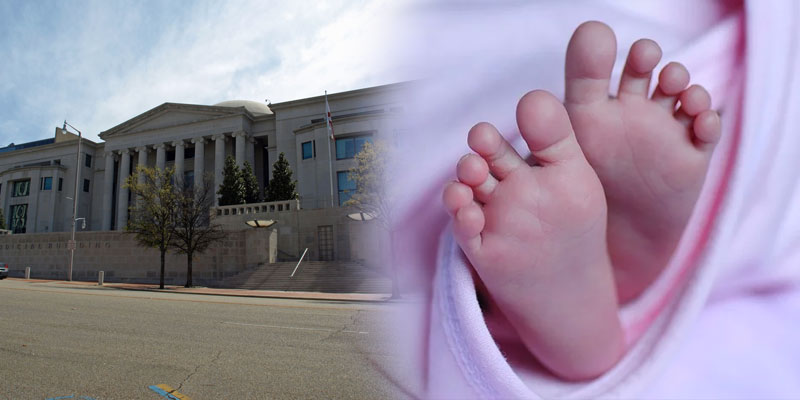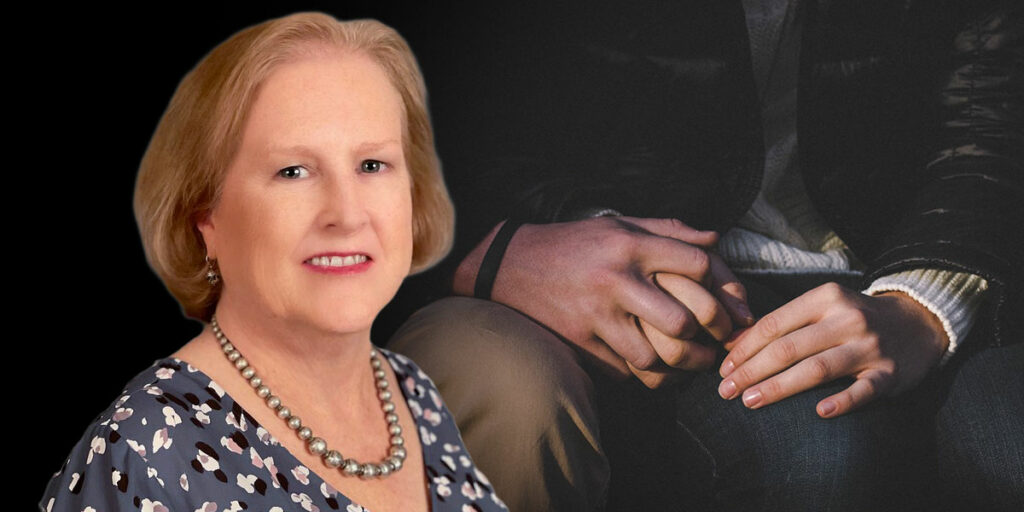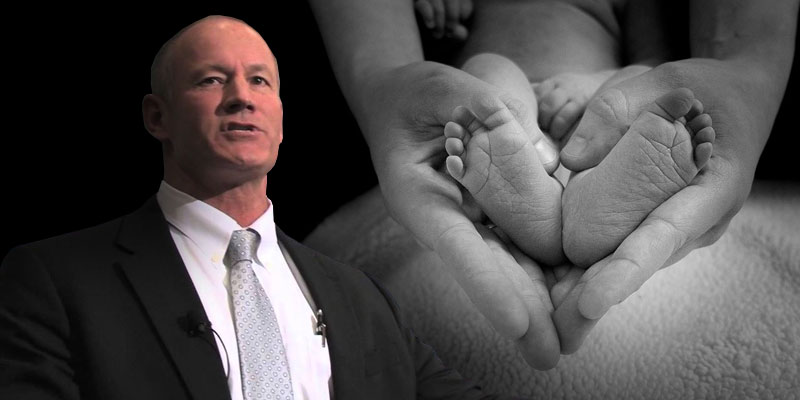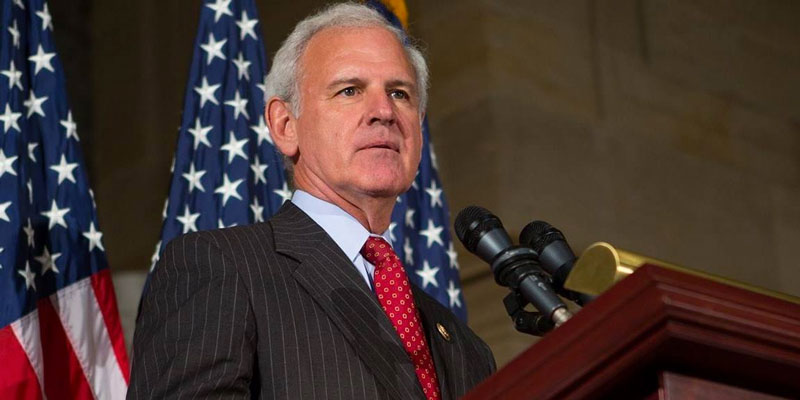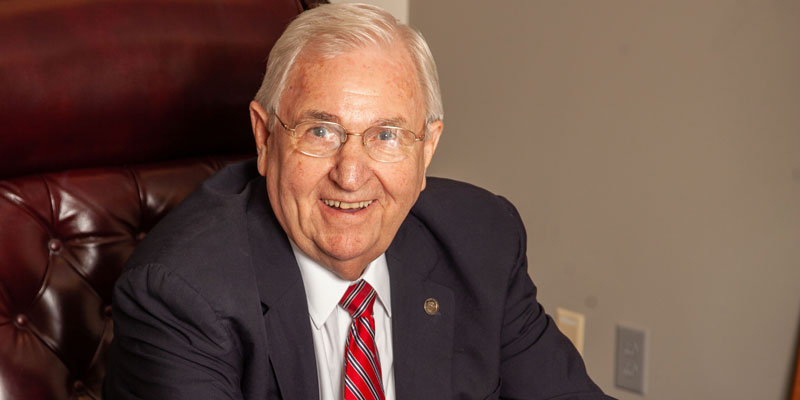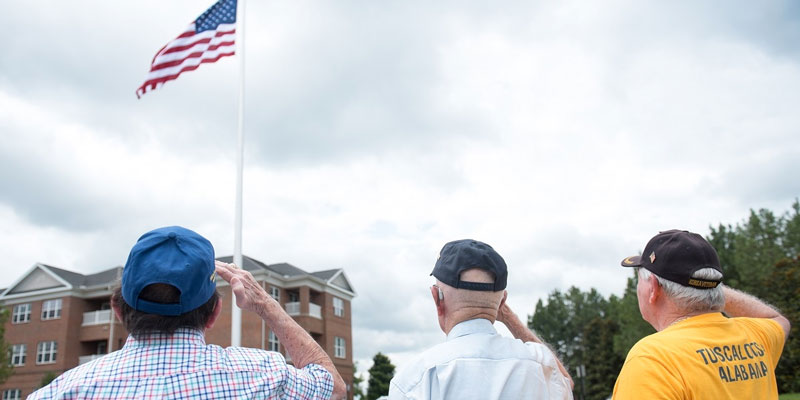Have you heard that there’s a new argument which has found a previously untested Achilles heel in Roe v. Wade — and it’s being considered before the Supreme Court of Alabama?
In the infamous Roe vs Wade decision, the U.S. Supreme Court declined to address the issue of when life begins. Specifically, the Supreme Court said, “We need not resolve the difficult question of when life begins … the judiciary, at this point in the development of man’s knowledge, is not in a position to speculate as to the answer.” Thus, without further guidance in the law, a woman’s fundamental right to privacy trumped the “unknown” rights of her unborn child. However, the question of whether an innocent human life is taken during an abortion is the paramount question that should never have been ignored by the Court.
Forty-seven years after Roe vs. Wade, modern technology has made the humanity and personhood of the preborn child obvious to all reasonable people. It is incumbent upon us to afford the Supreme Court the opportunity to consider the fundamental rights of the child considering this new information.
Under the 10th Amendment of the U.S. Constitution, “The powers not delegated to the United States by the Constitution, nor prohibited by it to the States, are reserved to the States respectively, or to the people.” The Helen Light petition argues that where the Constitution is silent, the 10th Amendment gives Alabama the power to speak.
The state of Alabama has spoken, and it speaks unwaveringly for the unborn. Its laws are the most pro-life in the nation and it has recognized the personhood of preborn children in every way possible. Alabama’s 2018 constitutional amendment recognized preborn rights by declaring that they have rights and are entitled to the protection of the state. That same year, the Alabama Supreme Court held that preborn children are persons, just as any other born person. Alabama has made the “unknown” rights of the unborn known in Alabama.
Right now, the Alabama Supreme Court is considering whether to take the case. The Writ of Mandamus filed on January 22, the 47th anniversary of Roe, is a rare legal action where the court requires an elected government official to act. The courts rarely accept these cases, except in the direst of circumstances, because they want to preserve the clear lines between the branches of government. For the court to allow the petitioner to file directly with the Supreme Court (instead of file in a lower court), it must be a statewide emergency that cannot wait.
What greater emergency can there be than saving the innocent lives of Alabama’s unborn children? The Court has already held that preborn children are persons, just as any other born person. Every week, more than 120 preborn children are killed in abortion clinics within our state. That is more than 6,000 a year. Surely, if the impending deaths of born children were preventable by its immediate action, the Court would not wait. If this does not meet the criteria of statewide emergency, nothing else could.
From the very beginning, I have been fighting for life. It’s not just a concept. It’s personal. At the age of 17, instead of choosing an abortion, my birth mom gave me life through adoption. Ever since I’ve had a platform to stand on, I’ve spoken for the unborn. Like you, I’ve been frustrated with the apparent impenetrability of Roe. But now, I’m excited because there’s hope.
It is now our hope that all pro-life individuals and groups dedicated to seeing Roe vs. Wade reconsidered and legal protection for preborn children restored will support Helen Light and her unique and timely effort before the Alabama State Supreme Court. More information can be found here.
I ask you to pray with me for the justices of the Supreme Court. Pray that they have the wisdom and the courage to discern that the continuous slaughter of innocent unborn children is the worst emergency that Alabama has faced in this generation. Pray that they are emboldened to exercise their discretion to accept this once-in-a-lifetime case. Pray that they find that the U.S. Constitution permits, and Alabama’s Constitution requires, the state to protect all its people.
Then, whether the US Supreme Court hears this case on appeal or not, the resulting precedent will be one all of history will mark as the turning point when America finally heard the cries of her own, innocent, preborn brothers and sisters.
Amie Beth Dickinson Shaver, a resident of Birmingham, is an author, speaker and former Miss Alabama (’95)




